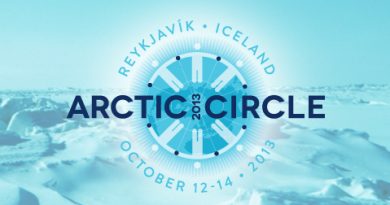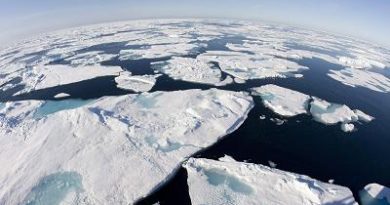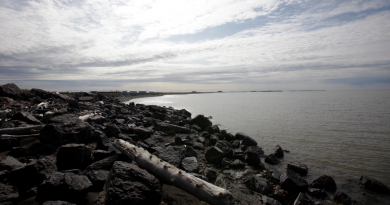Scottish film-maker rattled by encounter with polar bear
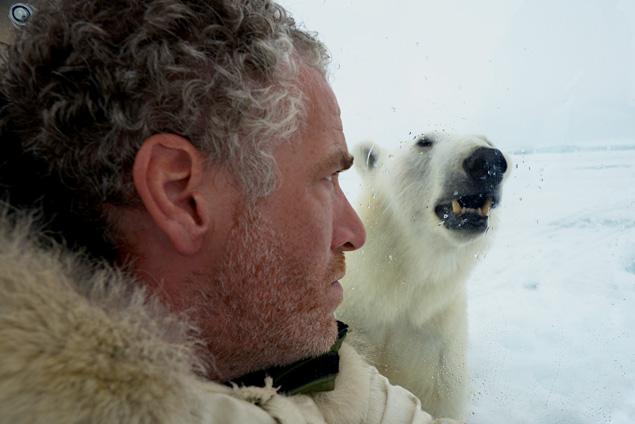 If you have ever wondered what if feels like to come face to face with a polar bear, check out this video by Scottish wildlife cameraman Gordon Buchanan.
If you have ever wondered what if feels like to come face to face with a polar bear, check out this video by Scottish wildlife cameraman Gordon Buchanan.
He was shooting a documentary about a family of polar bears in Norway’s Svalbard Arctic archipelago when he attracted the attention of a female bear. Luckily for him, Buchanan was inside a protective pod, an “ice cube” made of reinforced steel and Plexiglas.
For forty minutes the bear clawed and chomped at the glass, rattled the cage, systematically looking for weak points as she tried to get to Buchanan, who amazingly kept his composure while providing play-by-play commentary of the assault.
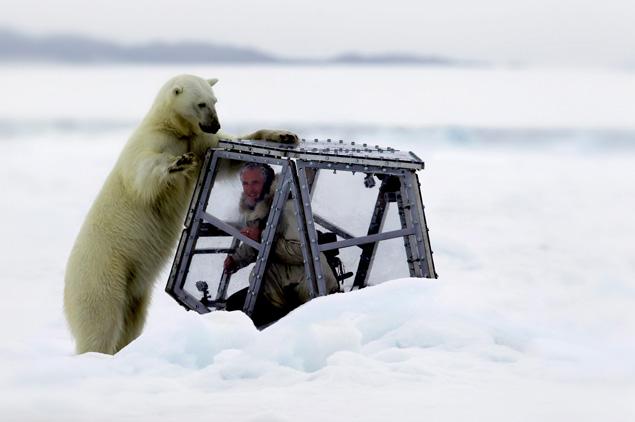 There is nothing cute or cuddly about this hungry mama-bear: she’s out for lunch and she’ll be damned if a Plexiglas cage is going to prevent her from getting to the juicy human inside to feed herself and her hungry cubs.
There is nothing cute or cuddly about this hungry mama-bear: she’s out for lunch and she’ll be damned if a Plexiglas cage is going to prevent her from getting to the juicy human inside to feed herself and her hungry cubs.
In an interview with BBC on Monday, Buchanan admitted that this was one of the most terrifying things in his storied career as a wildlife film-maker.
“It was a strange mixture of terror and comedy,” Buchanan said, “because it felt like a monumentally stupid thing to do. But it was incredible.”
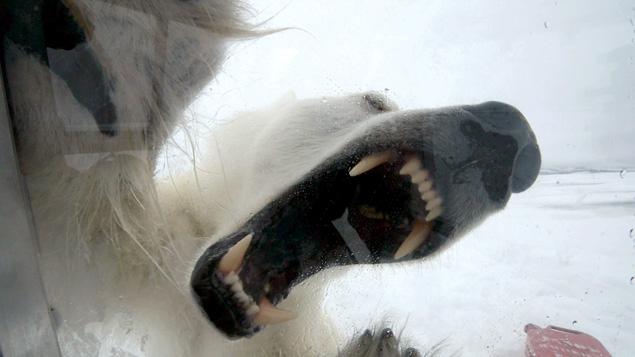 Buchanan said his crew had set up the protective pod near some seal breathing holes, hoping to film the bear as she hunted seals. Instead, the bear was attracted by the unusual human odour emanating from the glass cage. Fortunately for Buchanan it withstood the bear’s sustained assault.
Buchanan said his crew had set up the protective pod near some seal breathing holes, hoping to film the bear as she hunted seals. Instead, the bear was attracted by the unusual human odour emanating from the glass cage. Fortunately for Buchanan it withstood the bear’s sustained assault.
{youtube}BIql1ZpHovs{/youtube}

